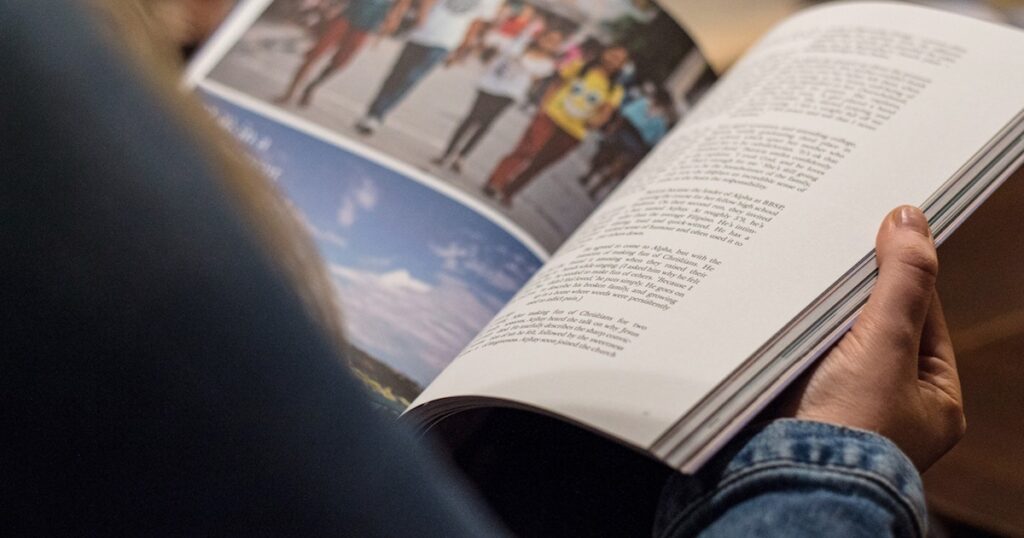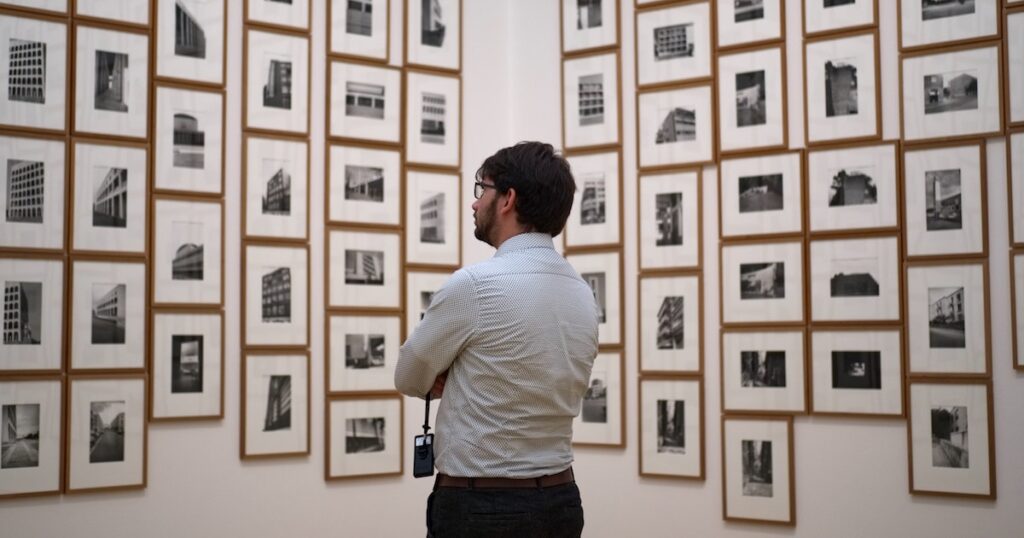
6 Jobs You Can Do With a Bachelor's Degree in Graphic Design
Although most work in an office setting, in 2018, 22 [...]
This website may earn a commission if you make a purchase after clicking on a product link in this article
Just over three years ago, I arrived in Baton Rouge for a week of orientation programming for new MFA students, and one of the program’s first orders of business was The Reality Check. I’ve heard of variations on it at other programs, but at Louisiana State University it went something like this:
Welcome! This degree will not get you a job.
[Blanched faces.]
If you do want a job, you’ve got to fill out your curriculum vitae in the following ways: publishing in your genre, publishing in other genres, publishing academic writing, publishing translation, teaching in different disciplines, editing, review writing, event curating, presenting, performing, collaborating, attending residencies, winning fellowships, and so on, and so on, and so on. Then, maybe, you will stand out.
There’s something of a shock-and-awe strategy at play whenever The Reality Check rolls out, and its aim is twofold: to focus wide-eyed students on the task at hand (writing the book); then, depending on what else they want, focusing them on that, too (and fast). In short, it conveys the enormity of such a twofold task. The Reality Check assumes that “what else you want” is a job. This is often accurate. It was certainly accurate about me, yet I was neither shocked nor awed. My face did not blanch. Punched in the gut by the reality check that was a semi-disastrous undergraduate career, I’d already spent several years teaching at a high school for the arts (thanks to a friend* vacating the job), getting a small press off the ground, planning readings and small press festivals, and finally getting a couple poems in some really lovely journals.
I was lucky to have those opportunities to reboot my resume, knew it, and recommitted to applying to MFA programs that fit my needs. When my mentor and former professor Yona Harvey asked me to write something about my “alternative approach” to a life of writing, so that her students could see what options were out there besides the MFA, I didn’t have the heart to tell her how typical my approach was about to get.
Confronted with The Reality Check, though, I felt vindicated. I’m ahead of the game! But I wasn’t listening closely enough. The implicit question–What else do you want? Focus on that, too (and fast)!–was only half-answered. Yes, I already knew I wanted to go on to a PhD, publish, and go on the job market. But why did I want any of those things? And why did I spend so much time during my MFA running reading series, coordinating the local lit fest, fundraising, writing papers, picking up a language, and so on? To stay on the ten-year plan?
Yes, kind of, yes, to stay on the ten-year plan. But the bigger reason, I was reminded again and again, is because I enjoy doing all of those things. As of this writing, I am four months removed from completing my MFA, three weeks into the first year of my PhD, and I’m thinking less than ever about the ten-year plan. Why do I want all of these things? My answer (as of now) is about staying engaged with the creative, intellectual, editorial, and curatorial practices that have enriched my life for the past ten years–not about the “golden goose” that is the tenure-track job. My answer is complicated because Yona Harvey was right: I don’t need academia to stay engaged with any of those practices. (Just this past summer, I went on a five-week tour of readings and workshops that was more fulfilling than any degree program I can imagine.) Yet here I am.
For me, the academy is one avenue among many–and these days it’s just as fraught with financial struggle as any other. Whatever your own answer is (or might yet be), it’s important to ask now: Why do I want this? It will shape the stats you track down, the factors you weigh, the questions you ask, the money you’re willing to plunk down on the application process, the program you ultimately choose, how you use your time there, and yes, what comes ten years later, too. Self-administer The Reality Check often–and feel free to leave the tenure-track job out of it.
*S.E. Smith left that job for an MFA in poetry at The Michener Center, is a revelation. Pro tip: have generous, thoughtful, mind-bogglingly talented friends. I’ll interview her soon.
_About the Author: Adam Atkinson hails from Western Pennsylvania and holds degrees in creative writing from Louisiana State University and Carnegie Mellon University. Currently, he is a PhD candidate at the University of Utah in Salt Lake City. This past summer, he and five other poets carried out a tour and documentary project called Line Assembly (learn more at https://lineassembly.com, and he co-edits OH NO with fellow Line Assembler S.E. Smith. Adam’s poems have appeared in Black Warrior Review, Caketrain, kill author, and other journals, and his scholarship and public initiatives have been supported by the Children’s Museum of Pittsburgh, the Heinz Endowments, the Puffin Foundation, the U.S. State Department, Ventspils International Writers’ and Translators’ House in Latvia, and others. You can follow him on Twitter at @AdamCAtkinson or on tumblr at adamcatkinson._
Questions or feedback? Email editor@noodle.com

Although most work in an office setting, in 2018, 22 [...]

Yet another bastion of culture that's slowly declining in popularity. [...]


Becoming a data journalist is tough because it's a relatively [...]
Categorized as: Art & Art History, Writing, Liberal Arts & Humanities